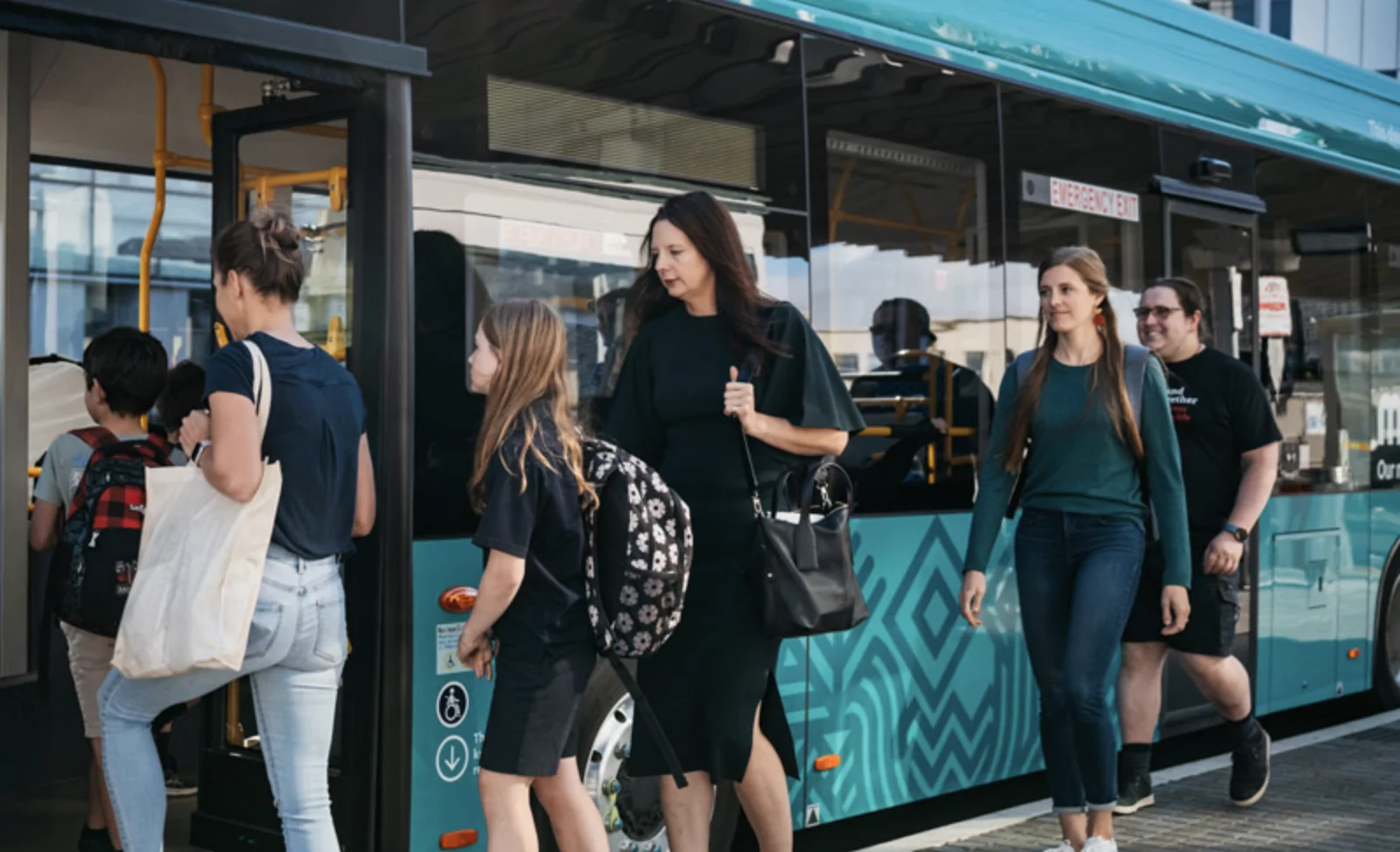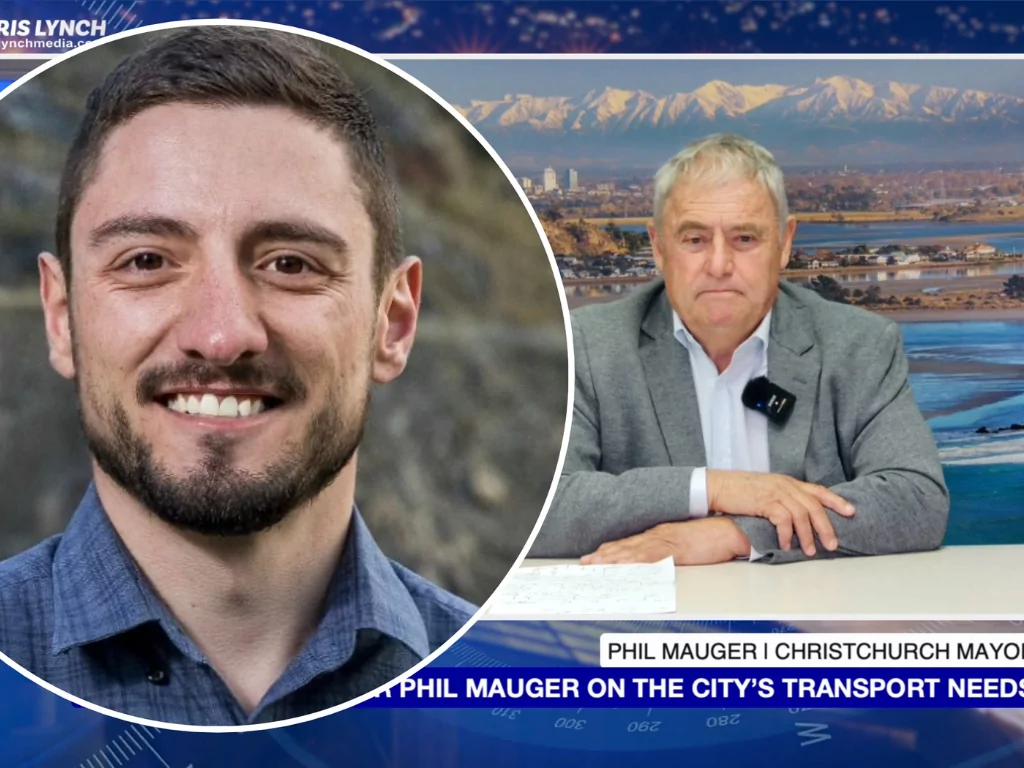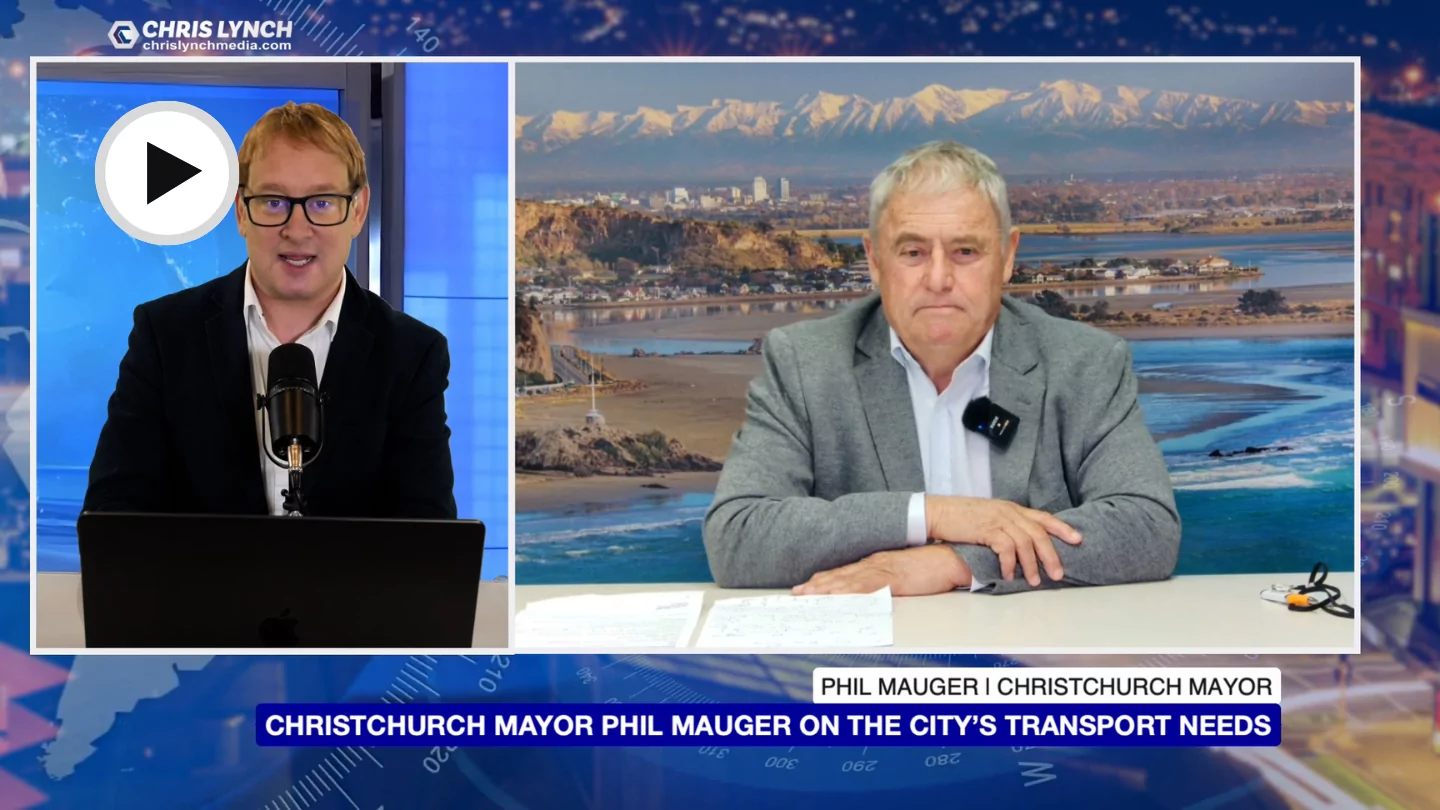A council transport staff member responded by saying, “I think we wanted to look at more of a five-year rolling average, but point noted.”
Councillor Victoria Henstock also raised concerns, questioning the need for the transport report.
“I’m all for strategic planning and direction, but to my mind, a strategy should really be designed to help us prioritise where we’re going to concentrate our limited funds. And we simply can’t do everything all at once. I’m just having difficulty deciphering or I can’t figure out how this is going to help us in terms of where we’re prioritising our funding.”
In response, a staff member said, “Council’s own strategic framework needs to provide a long-term outlook and needs to be clear in terms of messaging and what we’re trying to achieve, giving transparency to stakeholders, including Waka Kotahi and others across the sector.
“There are several aspects to the long-term outcome, what goals we’re seeking over the long term. The priorities of what we will do in the short or even medium term will vary, and over time our priorities will change.
“That reflects the funding environment, economic climate, and other environmental factors. So, the transport strategy shouldn’t be framed around what might be a priority today; it should be looking long-term at what we want for the future of the transport system.”
Last week it was reported that Metro’s Greater Christchurch network superseded a former post-earthquake patronage record – with nearly 14.5 million passenger trips taken in the 2023-24 financial year.
That’s 2.8 per cent above the previous post-earthquake record of almost 14.1 million passenger trips in the 2013-14 financial year.


